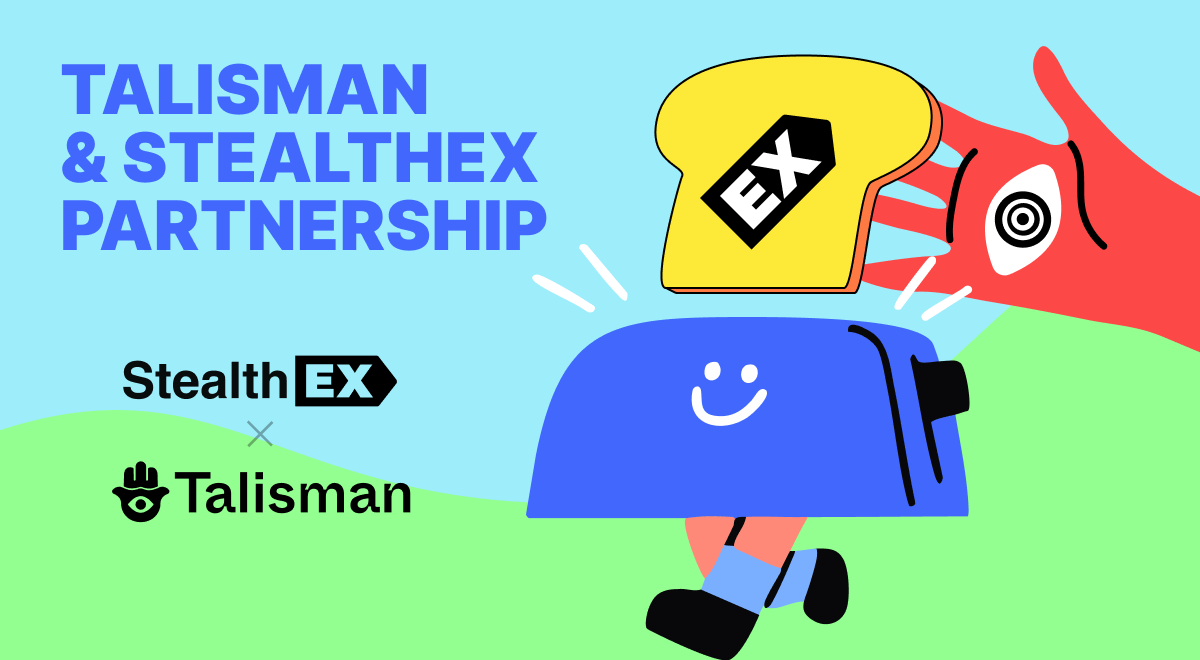Coin Launch Space is here to give you clear, accurate, and trustworthy information about crypto. Our team is made up of experts with real experience in crypto, finance, and new tech. Every article and page we publish is carefully reviewed by skilled editors to make sure it’s up to our high standards. We take pride in offering honest, easy-to-understand reviews based on real knowledge. Check out our editorial policy and see how we test and review crypto assets.
Public Dismissal of the Lawsuit
David Schwartz, Chief Technology Officer of Ripple, has publicly dismissed the lawsuit against Character.AI, arguing that it lacks a solid legal foundation under U.S. law. Schwartz shared his views on social media, stating that while he does not support the moral actions of Character.AI, the legal claims against the company are fundamentally flawed. His statements suggest that the case does not hold substantial legal merit.
Distinction Between Legal and Moral Responsibility
Schwartz emphasized a clear distinction between the moral and legal responsibilities of Character.AI. He acknowledged potential moral concerns regarding the company’s actions but maintained that these concerns do not translate into valid legal claims under current U.S. law. This distinction highlights the complexity of addressing moral issues within legal proceedings.
Expressive Content and Free Speech
At the core of Schwartz’s argument is the protection of Character.AI’s operations under the First Amendment. He argued that the company’s chatbot platform generates expressive content, which is safeguarded by free speech rights. This protection remains unless the content falls into specific categories of unprotected speech, such as incitement or direct threats.
Categories of Unprotected Speech
Schwartz elaborated on the narrowly defined categories of speech not protected by the First Amendment. He asserted that Character.AI’s content does not fall into these categories, thereby reinforcing the legal protection of the company’s expressive outputs. This perspective underscores the importance of distinguishing between protected and unprotected speech in the context of AI-generated content.
Allegations of Negligence in Platform Design
The lawsuit’s premise centers on the allegation that Character.AI was negligent in designing its platform to produce speech. Schwartz critiqued this claim, arguing that it lacks legal merit. He pointed out that designing a platform to generate speech does not inherently constitute negligence under U.S. law. This critique challenges the basis of the lawsuit and raises questions about the legal responsibilities of AI developers.
Impact on Tech and Legal Communities
The dismissal of the lawsuit by a prominent figure like David Schwartz has potential implications for both the tech and legal communities. It raises important questions about the legal responsibilities of AI companies and the extent of First Amendment protections for AI-generated content. This development serves as a significant point of discussion for the future of AI and free speech rights.
Disclaimer: The content provided reflects the authors personal opinions and is influenced by current market conditions. Conduct thorough research before making any cryptocurrency investments. The author and the publication are not liable for any financial losses you may incur.























